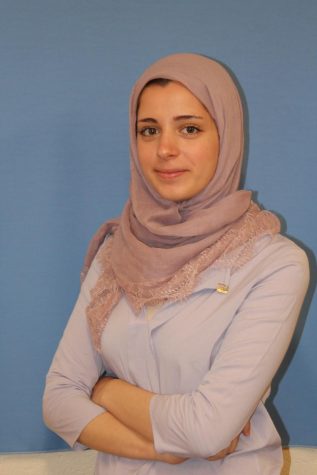On January 27, 2017, President Donald Trump signed an executive order halting all refugee admissions and temporarily barring people from seven Muslim-majority countries.
As of December 4, most citizens of Iran, Libya, Syria, Yemen, Somalia, Chad and North Korea are barred from entering the United States.
Trump has been trying to install travel bans ever since taking office, seeking, in his words, to “protect national security.” He believes that this will help stop terrorist attacks and prevent ISIS from entering the United States.
On Monday, the Supreme Court ruled that the travel ban would begin to take effect. This is the first time justices have allowed any edition of the ban to go forward.
“We are not surprised by today’s Supreme Court decision permitting immediate enforcement of the President’s proclamation limiting travel from countries presenting heightened risks of terrorism,” White House spokesman Hogan Gidley said.
Many Americans have expressed anger and disappointment at the ruling that discriminates based on race, ethnicity and country of origin.
Omar Jadwat, director of the ACLU’s Immigrants’ Rights Project, reacted to the ruling with disappointment. “President Trump’s anti-Muslim prejudice is no secret — he has repeatedly confirmed it,” Jadwat said.
Many protests came out across the country. Dulles Airport in Washington, where some travelers were still held, was a place of tense scenes among protesters. Protests were also reported at airports serving Dallas-Fort Worth, Boston, Miami, Los Angeles, Detroit, Portland, Oregon and many more cities.
Across the country, protesters held signs that read “Refugees welcome.” Some chanted a call and response, while others outside the White House gates simply shouted one word: “Shame.”
Several people carried signs that said “child of refugees” and “nation of immigrants”. Many carried signs with the words from the Statue of Liberty that have for generations represented America’s welcoming of immigrants: “Give me your tired, your poor, your huddled masses yearning to breathe free.”
This hotly contested issue has sparked controversy throughout the United States.










Callum Revell • Dec 14, 2017 at 8:02 pm
Do we have any people at our school from the barred nations or nations highly similar to the barred ones, because it would be interesting to get their viewpoint.